Get Cattle Fencing in Fort Mill, SC
Cattle fencing services help property owners in Fort Mill, SC, and nearby areas by installing, repairing, or replacing fences to contain livestock and secure their land.
Cattle fencing services are a practical consideration for property owners in Fort Mill, SC looking to manage livestock or define property boundaries effectively. Proper fencing can help keep animals secure, prevent unwanted intrusions, and establish clear divisions on a farm or ranch. Whether planning a new installation or upgrading existing fencing, it’s important to explore local options to find the right solution for your specific needs. Comparing different service providers can help ensure the work meets your expectations and aligns with the unique characteristics of your property.
For those considering cattle fencing projects, understanding the range of available services and materials can make planning easier. Local contractors in the Fort Mill area offer a variety of fencing options designed to suit different property sizes and purposes. By researching and connecting with experienced service providers, property owners can gather the information needed to make informed decisions about fencing solutions that will serve their property well for years to come. Keep reading to learn more about how local pros can help with your cattle fencing needs.
- Barbed Wire Fencing - needed when securing large pastures or ranch land in rural areas around Fort Mill, SC.
- Wooden Fencing - ideal for defining property boundaries or creating safe enclosures in neighborhoods like Baxter Village.
- Electric Fencing - used to protect cattle from predators or to manage grazing in farms near Rock Hill, SC.
- Chain-Link Fencing - suitable for livestock containment or commercial farm settings in nearby Clover, SC.
- Vinyl Fencing - chosen for durable, low-maintenance enclosures around farms and ranches in the Charlotte metropolitan area.
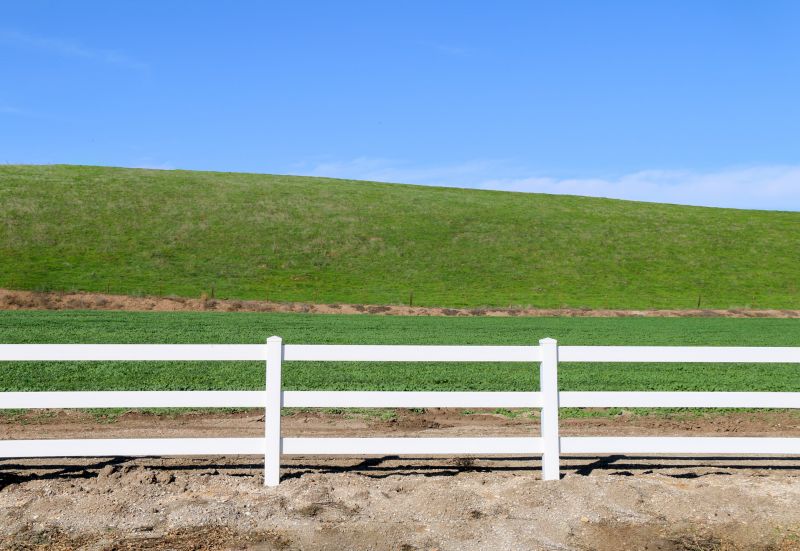
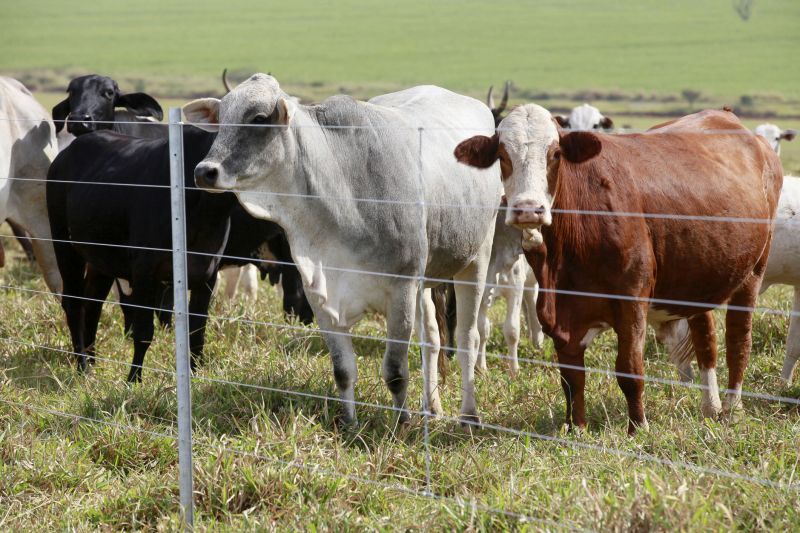
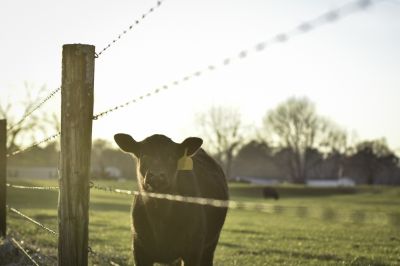
Cattle fencing services involve installing, repairing, and maintaining barriers designed to contain livestock securely. These fences are typically constructed using durable materials such as wire, wood, or a combination of both to ensure strength and longevity. The primary goal is to create a reliable boundary that keeps cattle safely within the designated area while preventing them from wandering onto neighboring properties or public roads. Experienced service providers can help determine the best fencing options based on the size of the property, the type of livestock, and specific needs related to cattle management.
Many property owners face challenges with fencing that has become damaged, outdated, or insufficient for their current needs. Common problems include broken or sagging wires, gaps that allow cattle to escape, or fences that do not withstand weather conditions or cattle pressure. Cattle fencing services can address these issues by replacing worn-out sections, reinforcing weak points, and installing new fences that better resist damage. Proper fencing not only helps prevent livestock loss but also reduces the risk of property disputes or liability issues caused by cattle straying into roads or neighboring lands.
Properties that typically use cattle fencing range from small farms and ranches to larger rural estates. These properties often have open fields, pastures, or grazing areas where cattle need to be confined safely. Even some suburban or semi-rural properties with hobby farms or small-scale livestock operations may benefit from cattle fencing. The right fencing solution can help property owners manage their animals more effectively, maintain property boundaries, and ensure compliance with local regulations. Local contractors experienced in cattle fencing can assess the specific property layout and recommend appropriate fencing types and installation techniques.
Homeowners and landowners in areas like Fort Mill, SC, and nearby communities often turn to cattle fencing services when they need to secure their livestock or improve existing barriers. Whether starting a new pasture, replacing an aging fence, or repairing damage caused by weather or animals, professional fencing contractors can provide practical solutions tailored to each property’s needs. Contacting local service providers can help find the right fencing options to keep cattle contained, property boundaries clear, and livestock management simplified.
The overview below groups typical Cattle Fencing projects into broad ranges so you can see how smaller, mid-sized, and larger jobs often compare in Fort Mill, SC.
In many markets, a large share of routine jobs stays in the lower and middle ranges, while only a smaller percentage of projects moves into the highest bands when the work is more complex or site conditions are harder than average.
Smaller Repairs - Typical costs for minor fence repairs or adjustments in Fort Mill, SC range from $250-$600. Many routine jobs fall within this middle range, covering tasks like replacing damaged posts or fixing sections of wire.
Basic Fence Installation - Installing a new cattle fence usually costs between $1,200-$3,000 for standard setups. Most projects in this category stay within this range, depending on fence length and material choices.
Full Fence Replacement - Replacing an entire cattle fencing system can range from $4,000-$8,000 or more for larger properties. Larger, more complex projects tend to push into higher tiers, especially with premium materials or custom designs.
High-End or Custom Projects - Custom or specialty fencing solutions in the Fort Mill area can exceed $10,000, depending on scope and features. These projects are less common and typically involve extensive work or specialized materials.
Actual totals will depend on details like access to the work area, the scope of the project, and the materials selected, so use these as general starting points rather than exact figures.
Farm perimeter fencing - local contractors can design and install fencing systems to secure large agricultural properties in Fort Mill, SC and nearby areas.
Paddock and pasture fencing - professionals offer fencing solutions to create safe grazing areas for livestock, utilizing similar planning and installation skills.
Horse fencing projects - service providers can install durable and safe fencing designed specifically for equine safety, requiring similar tools and planning as cattle fencing.
Ranch boundary fencing - local pros are experienced in establishing boundary lines and secure enclosures for larger ranches or farms in the region.
Deer and predator fencing - specialists can install fencing to protect livestock from wildlife, employing comparable techniques and materials as cattle fencing.
Vegetation and field boundary fencing - experts can set up fencing to delineate fields or protect crops, using similar planning and installation skills as cattle fencing projects.
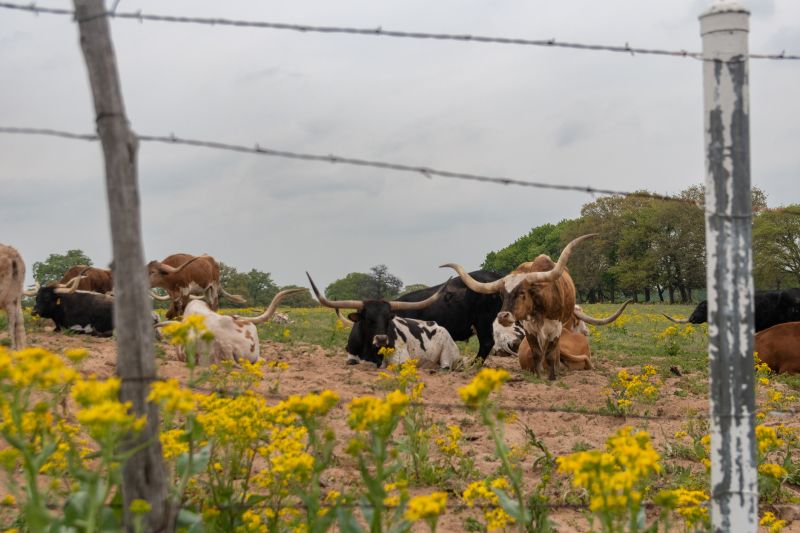
When comparing service providers for cattle fencing projects, it’s important to consider their experience with similar types of work. Homeowners should look for local contractors who have a proven track record of completing fencing projects comparable in size and scope to their own. This experience can indicate a contractor’s familiarity with the specific challenges and best practices for cattle fencing, helping ensure that the project is handled efficiently and effectively.
Clear, written expectations are essential when evaluating potential providers. Homeowners should seek out detailed proposals or estimates that outline the scope of work, materials to be used, and any other relevant details. Having these expectations documented helps prevent misunderstandings and provides a basis for comparing different contractors’ offerings. It also demonstrates a contractor’s professionalism and commitment to transparency.
Reputable references and strong communication are key factors in selecting a dependable service provider. Homeowners can ask for references from previous clients who had similar projects completed. Speaking with past customers can provide insight into the contractor’s reliability, quality of work, and responsiveness. Good communication throughout the process-such as prompt responses to questions and clear updates-can make the experience smoother and more predictable. It’s important to remember that this site introduces homeowners to local options, serving as a resource to help find qualified contractors, not performing the work directly.
Property owners in Fort Mill, SC use Cattle Fencing services for practical projects around their homes and businesses. This guide focuses on everyday jobs and straightforward project options.
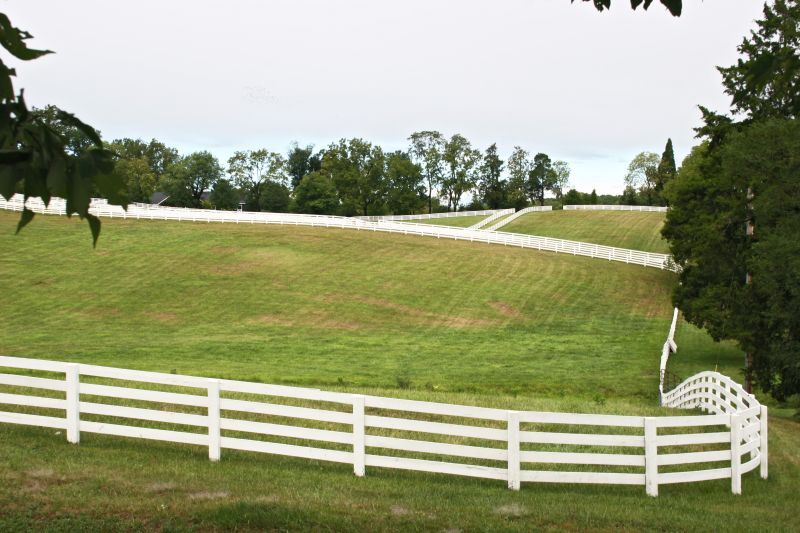
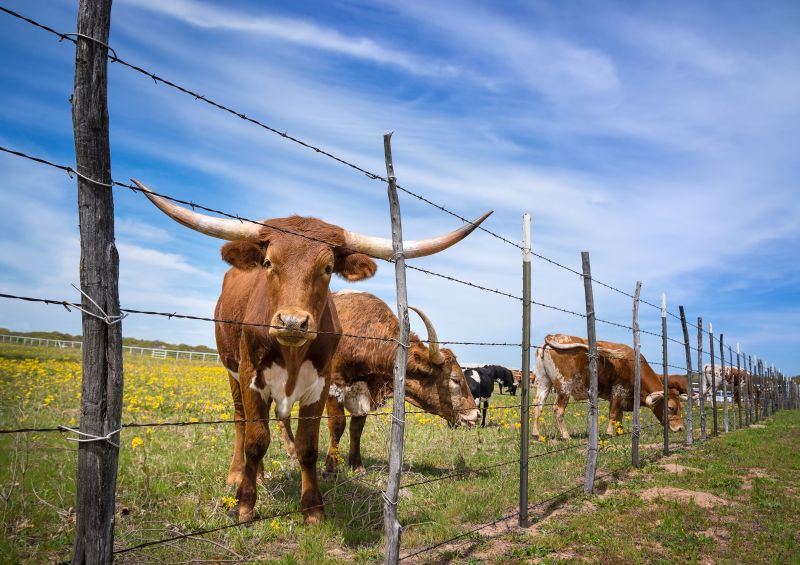
Property owners in Fort Mill, SC often seek cattle fencing services to create secure boundaries for livestock or to define property lines. Whether setting up a new pasture or replacing an aging fence, local contractors can help ensure the fencing is durable and suited to the area's climate. Many residents look for straightforward solutions to keep animals safely contained or to prevent unauthorized access, especially in rural or semi-rural settings around Fort Mill.
In addition, some property owners may need cattle fencing to improve the organization of their land or to prevent wildlife from entering certain areas. Simple fencing projects, such as installing or repairing existing enclosures, are common reasons for seeking local service providers. These professionals can assist with selecting appropriate fencing materials and handling the installation process to meet the specific needs of property owners in the Fort Mill community.
What types of cattle fencing are available locally? Local service providers typically offer a variety of fencing options including wire, wood, vinyl, and electric fences suitable for different cattle management needs.
How do I choose the right cattle fencing for my property? Local contractors can assess your land and cattle requirements to recommend fencing types that provide durability, safety, and containment for your herd.
What materials are commonly used in cattle fencing services? Common materials include galvanized wire, wooden posts, vinyl panels, and electric fencing components, selected based on durability and suitability for cattle.
Can local contractors install fencing on uneven or challenging terrain? Yes, many service providers have experience working with various land topographies to ensure secure and effective fencing installation.
What maintenance is involved with cattle fencing installed by local service providers? Maintenance typically includes checking for damage, ensuring electric fences are functioning properly, and replacing worn or broken components as needed.
Farm Boundary Fencing - Define property lines and keep livestock safely contained within fields or pastures.
Garden Enclosures - Protect vegetable gardens or flower beds from animals and create designated outdoor spaces.
Erosion Control Fencing - Prevent soil erosion on sloped areas by installing barriers that stabilize the land.
Temporary Fencing Solutions - Set up temporary barriers for events, construction sites, or seasonal grazing needs.

If you are thinking about Cattle Fencing for a property in Fort Mill, SC, this guide is meant to help you understand the work, the typical project types, and how different options might fit your plans.
When you are ready, you can use the quote form on this page to share a few details about your project. From there, local pros can review the basics and respond with options that match what you have in mind.



